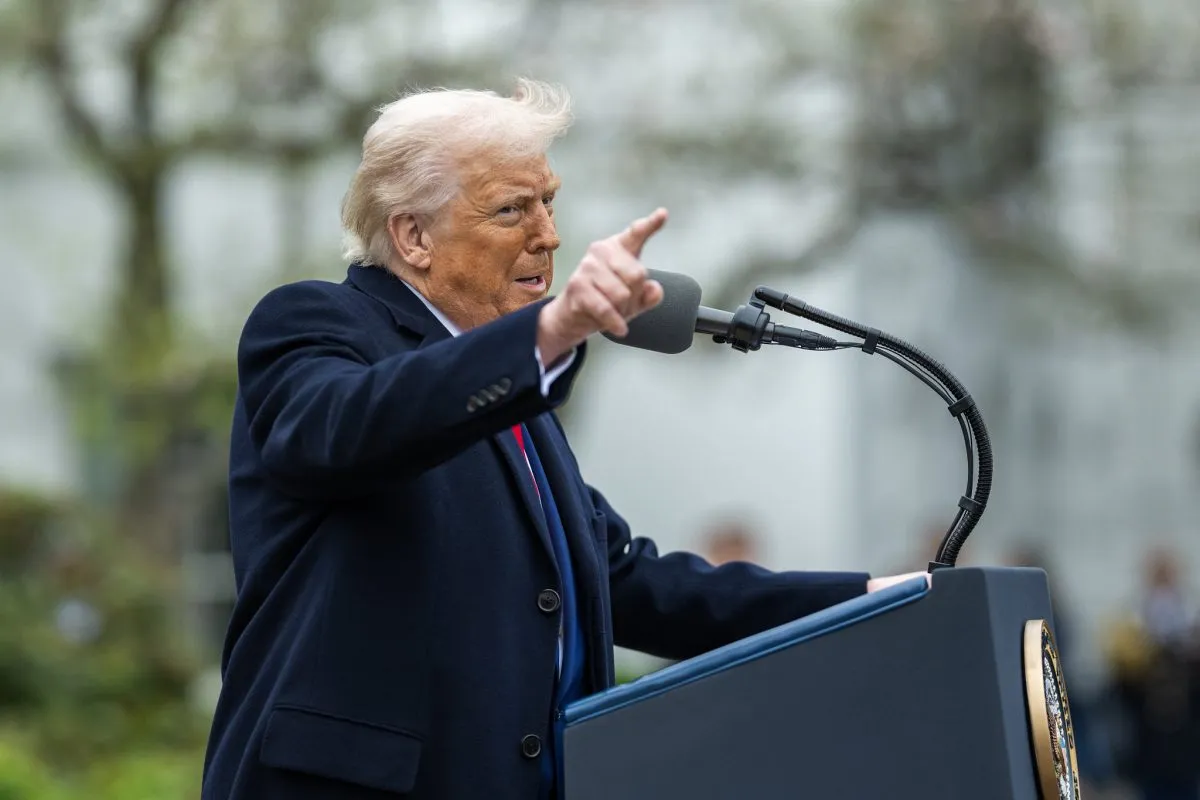Mobile World Congress Cancellation Over Coronavirus Is Foreboding Sign for Events

Skift Take
The Mobile World Congress, one of the biggest tech events of the year attracting 100,000 attendees and over 28,000 exhibitors — many from China — has canceled this year's event in Barcelona due to mounting concerns over coronavirus. This marks the highest-profile example yet of the impact to events.
 High-profile exhibitors had continued to drop out of the Barcelona event scheduled for February 24–27 due to concerns over the level of risk an event of this scale presents — despite a detailed list of enhanced safety measures published by GSM Association (GSMA).
High-profile exhibitors had continued to drop out of the Barcelona event scheduled for February 24–27 due to concerns over the level of risk an event of this scale presents — despite a detailed list of enhanced safety measures published by GSM Association (GSMA).
>> Get the Latest on Coronavirus and the Travel Industry on Skift's Liveblog
"With due regard to the safe and healthy environment in Barcelona and the host country today," said John Hoffman, CEO of the GMSMA Limited in a statement Wednesday, "the GSMA has canceled MWC Barcelona 2020 because the global concern regarding the coronavirus outbreak, travel concern, and other circumstances, make it impossible for the GSMA to hold the event.
"The Host City Parties respect and understand this decision.The GSMA and the Host City Parties will continue to be working in unison and supporting each other for MWC Barcelona 2021 and future editions. Our sympathies at this time are with those affected in China, and all around the world."
With a full cancellation now, MWC may serve as the bellwether for other major global events.
Current State of the Mobile World Congress
The list of exhibitors that had backed out of MWC because of the coronavirus included industry giants Amazon, Facebook, Sony, and LG among others.
The GSMA had released a comprehensive set of attendance restrictions and safety measures in order to assuage mounting concerns over the level of risk the event presents.
Damage control efforts included banning visitors from Hubei province and requiring prospective attendees who have been to China to prove that they have been out of the country for at least 14 days. Additionally, the GSMA planned to implement temperature screening and was requiring all attendees to self-certify that they have not been in contact with anyone infected with coronavirus.
In the event MWC had proceeded as expected, the on-site medical staff would have doubled from last year and multiple sanitation and disinfecting measures are to go into effect — including a no-handshake policy.
What the MWC Means for Other Events
Unfortunately for MWC exhibitors and attendees, event organizers are standing by their standard insurance and cancellation policies.
Those exhibit booths were probably already paid for. What will happen to events where exhibitor/sponsor contracts aren’t yet signed? Or attendee tickets aren’t purchased. I sense an article from you coming soon.
— Samuel Jay Smith (@samueljsmith) February 10, 2020
The exhibition insurance coverage includes loss of costs and expenses due to cancellation “beyond the control of the company or the organizer” of up to £10,000 (US$12,953). However, the fine print excludes cancellations resulting from any communicable disease which leads to:
i) the imposition of quarantine or restriction in movement of people or animals by any national or international body or agency and/or
ii) any travel advisory or warning being issued by a national or international body or agency; and
in respect of i) or ii) any fear or threat thereof (whether actual or perceived).
In layman’s terms, it doesn’t seem that exhibitors that drop out will be able to claim any compensation.
What lessons can be learned by other event organizers from MWC?
Regardless of size, the downward spiral of this event highlights the importance of a clear cancellation policy within the exhibitor agreement. As we reported earlier this week, cancellations and postponements can be expected across the world — not just in Asia. Both organizers and exhibitors should have a firm understanding of what is actually covered (and more importantly, not covered) in their contracts and insurance policies.
Getting creative to salvage future events in the coming months should also be a priority for event planners.
With the #coronavirus having a massive impact on the meetings industry your live streaming offering should be a priority if your event happens within the next 4 months.
— Julius Solaris (@tojulius) February 11, 2020
Drafting a crisis communications plan can also help you prepare proactively, rather than reactively. The WHO recently confirmed the need to remain “calm and measured,” and steer away from the mentality that every event needs to be canceled because of coronavirus. Instead, the organization advises everyone to take a risk management approach rather than moving straight into panic mode.
Flex problem-solving muscles
The future of events as a result of coronavirus needs to be evaluated on a case-by-case basis. Event planners should prioritize agility in order to respond as circumstances change. Add clear cancellation policies to all attendee, vendor, and exhibitor contracts and also consider increased health measures on-site. Smaller events may consider virtual meetings and all organizers should craft an effective crisis communications plan.
Being flexible and responding to last-minute challenges is at the heart of every event planner’s job. While coronavirus brings a new level of seriousness to the events space, professionals should expect to flex their problem-solving muscles rather than going into panic mode.
UPDATE: This story was updated from an original post on EventMB to include news that the Mobile World Congress was canceled on Wednesday.




